New Delhi, Aug 13 (V7N) – India’s national politics has grown increasingly tense over the ongoing Standardisation and Intensive Revision (SIR) process of the country’s voter list. On Tuesday, Rahul Gandhi, Leader of the Opposition in the Lok Sabha, issued a sharp warning, claiming that the revision effort is a cover for mass manipulation of electoral data. He alleged that once the full statistics are revealed, they would amount to a “data bomb,” exposing the scale of the conspiracy.
Speaking to the press, Gandhi accused the ruling establishment of orchestrating systematic electoral fraud under the guise of voter list reform. “This is not merely an administrative exercise—it is an attack on Indian democracy,” he said. He further added that the opposition is gathering concrete evidence and will soon bring it to public light.
His remarks came just a day after a dramatic protest in Delhi, where several opposition MPs, including Rahul Gandhi, Congress leader Priyanka Gandhi, and Trinamool Congress MP Mahua Moitra, were temporarily detained by police during a demonstration against alleged voter list manipulation. The protest took place in response to growing concerns that large-scale voter disenfranchisement may be underway, particularly targeting marginalized and opposition-supporting communities.
According to reports from NDTV, the demonstrators accused the government of using the SIR process to selectively delete or alter voter information ahead of upcoming elections. Protesters demanded transparency and judicial oversight in the process, warning that the integrity of India’s democratic system could be compromised.
Though the detained MPs were later released, the event has triggered political outrage and renewed calls for electoral reform oversight. The Election Commission of India has not yet issued a detailed response to the allegations but maintains that the SIR process is being conducted according to standard legal and procedural norms.
Political analysts note that such controversies around voter lists are not new in India, but the current scale and coordination of the opposition’s reaction suggest that this issue could have long-term implications leading into the next general election.
The situation continues to evolve, with opposition leaders pledging to intensify their campaign against what they describe as an “institutionalized attempt to rig democracy from within.” Observers now await the release of the data that Rahul Gandhi has promised—an act that could either validate or challenge the credibility of India’s electoral administration.
END/WD/SMA/



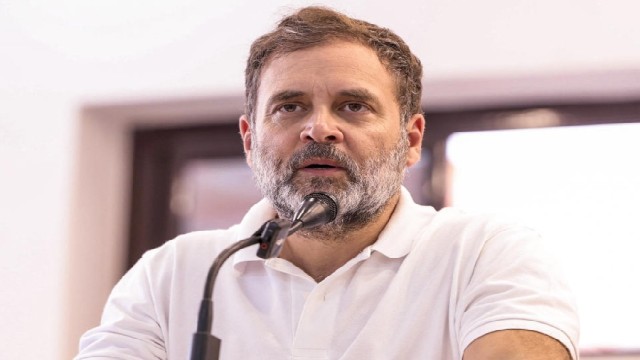


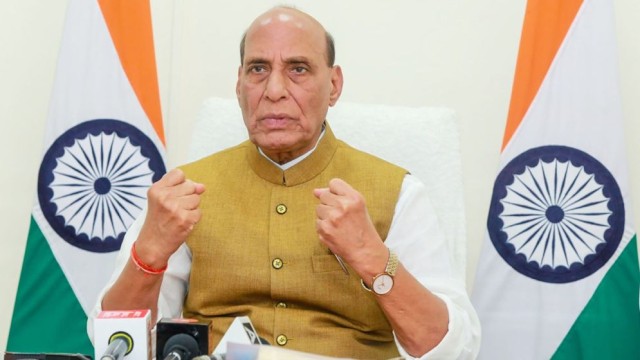
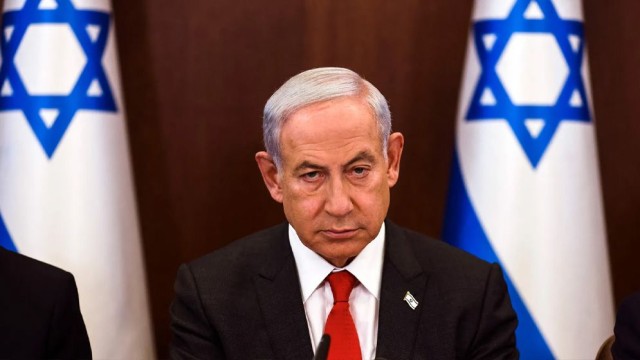
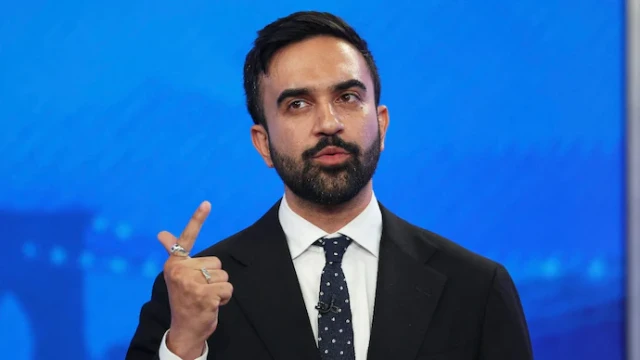

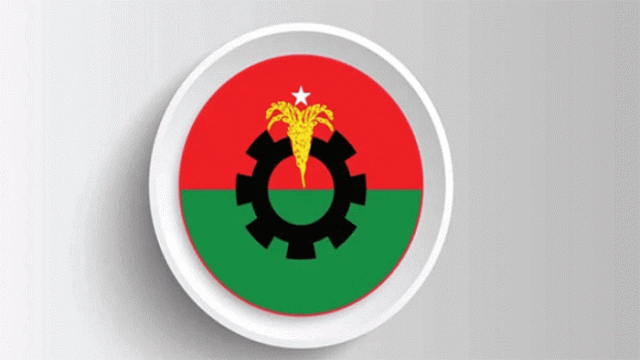

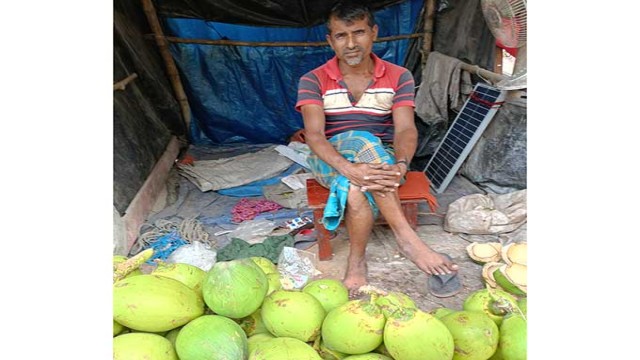
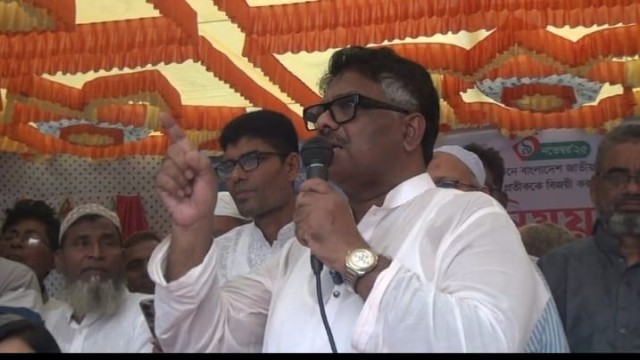
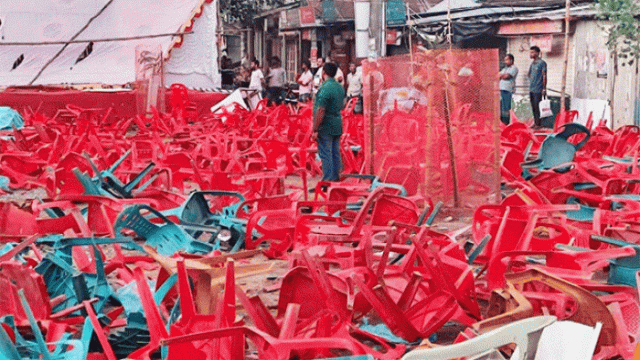
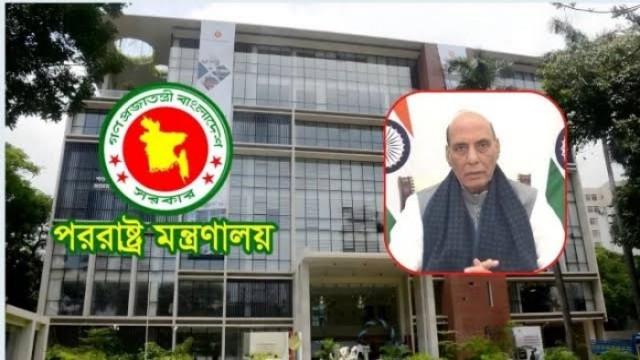
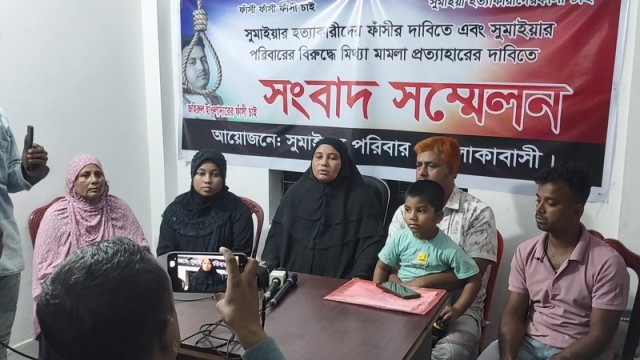
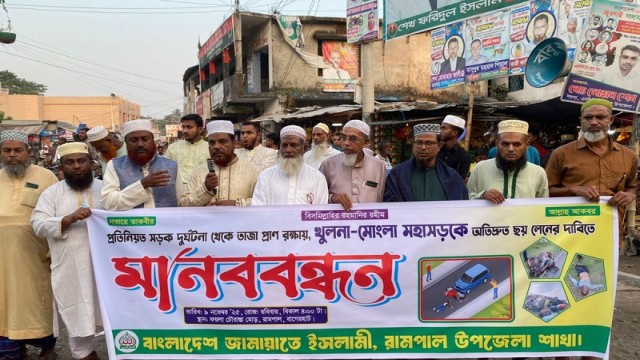
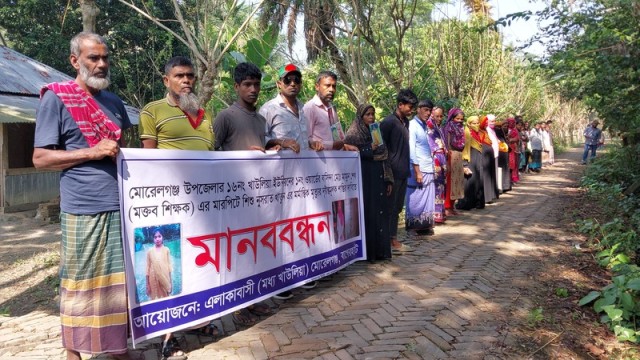


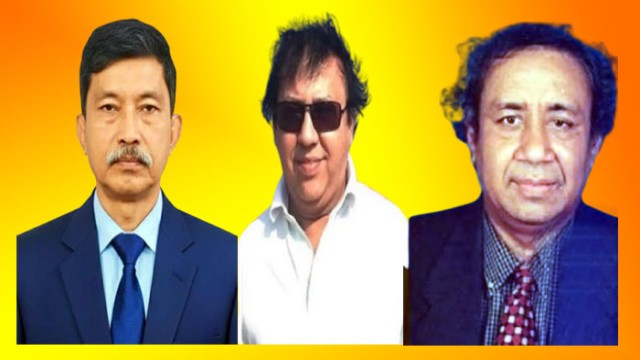


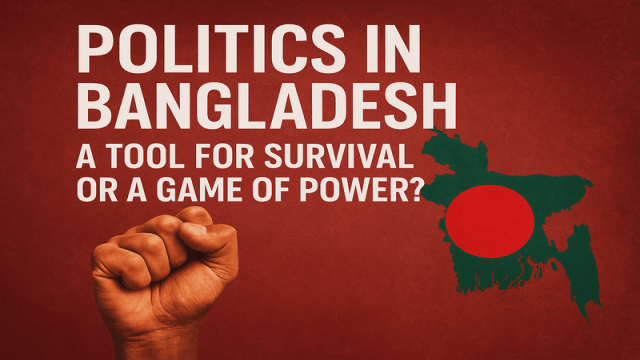
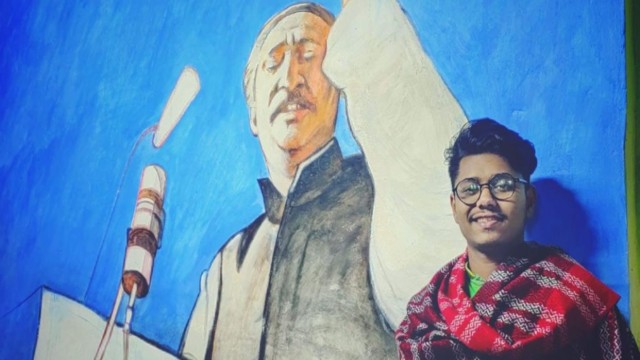
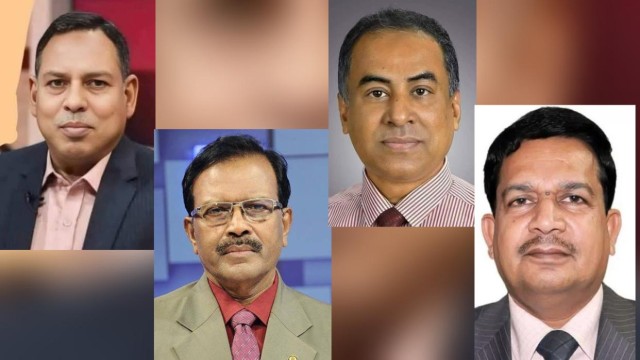
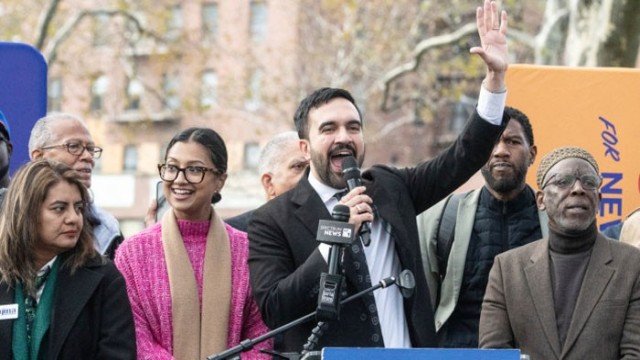
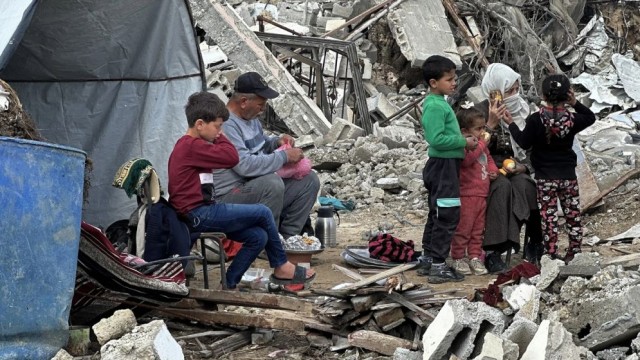
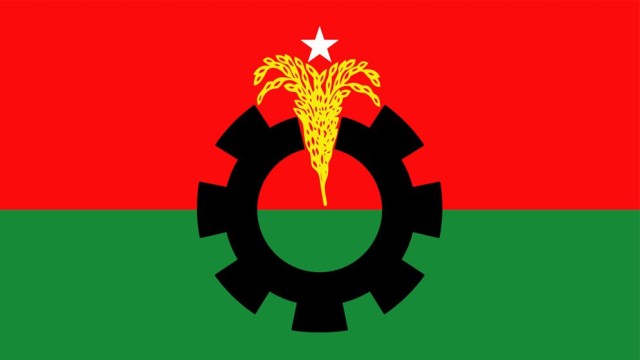

Comment: